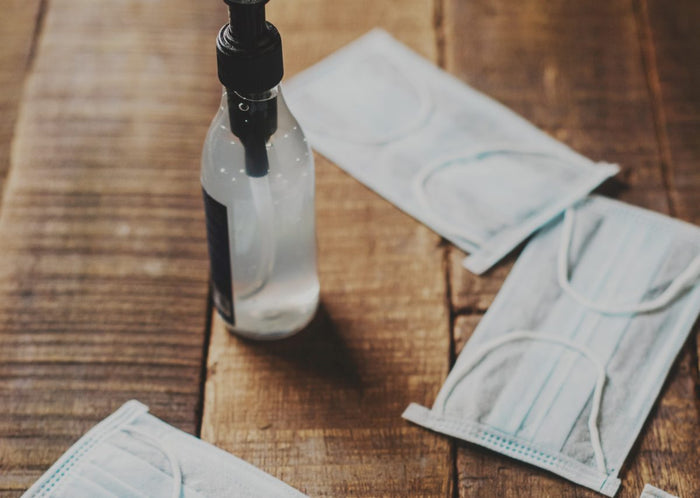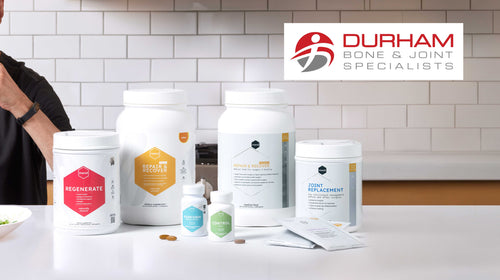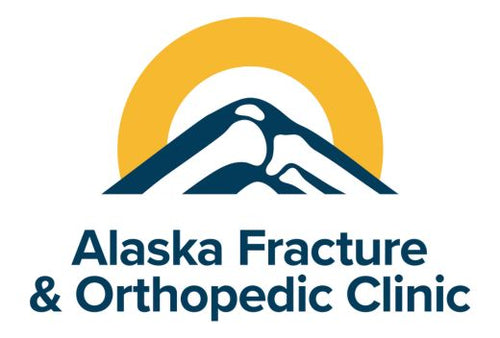Helping you to navigate the science landscape.
Most people are now hunkered down with their families, isolating as much as possible and while ravenously reading and watching the news for some sign of hope and progress against COVID-19. While there are many difficult days ahead, the good news is that scientists understand this virus (very similar in structure to SARS), have isolated it, have a copy of the genome and have replicated it in labs. Progress is being made with an unprecedented and historic global collaborative effort. The World Health Organization (WHO) recently launched a global megatrial (named “SOLIDARITY”) on the 4 most promising interventions.
Life sciences companies are looking at a number of approaches to defending against COVID-19. To help you navigate the rapidly flowing information, we thought we’d summarize for the three broad classes of interventions being researched and developed and the current status of each (more and more promising studies and results are being announced weekly and our list is not exhaustive):
1. Vaccines to create immunity
2. Antivirals and antibodies to help kill the virus
3. Anti-inflammatories to combat inflammatory cytokines
Vaccines
A vaccine is a substance used to stimulate the body’s own immune system to fight the infection. This is typically done by exposing the person to an agent that resembles the virus and thereby stimulating the immune system to produce antibodies that can fight the virus. Once the immune system has been exposed and knows how to produce the antibodies, it will always remember and know how to fight it in the future. Therefore the person becomes “immune” and is no longer at risk.
A number of scientists have created vaccines for COVID-19 and they are now going into clinical trials to ensure they are both effective and safe. Unfortunately it will take as long as a year before a solution will be commercially available, but the good news is that it looks very promising that we will have multiple vaccines as a long-term defense against this virus:
– US: Started its first set of clinical trials of a drug developed by NIH and Moderna. Patients have started to enroll in the studies and have already been administered the vaccine.
– China: CanSino Bio and its collaborators at the Academy of Military Medical Sciences’ Institute of Biotechnology secured a quick Chinese regulatory go-ahead to start human testing of their recombinant coronavirus vaccine.
– Israel: Johnson Johnson (JJ) subsidiary Janssen Pharmaceutical has partnered with the Beth Israel Deaconess Medical Center (BIDMC) to advance COVID-19 vaccine development. The partners started preclinical testing of different vaccine prospects. The aim is to select a vaccine candidate for clinical trials by the end of March.
– Australia: Professor David Paterson, director of the University of Queensland Centre for Clinical Research, has stated that his team used two existing drugs to deactivate the new coronavirus in test tubes. One drug is used against HIV and the other, called chloroquine, treats malaria.
Antivirals Antibodies
COVID-19 is a virus and not a bacterial infection and therefore a specific class of drugs that targets the virus and prevents its ability to replicate is needed. Antibiotics that work for bacterial infections such as strep throat, won’t work on viruses. Antiviral drugs prevent the ability of viruses to replicate and therefore the immune system has time to learn what the virus is and produce its own antibodies to fight it.
That leads us to antibody drugs. Think of antibodies as your immune system’s soldiers that fight off unwanted invaders. One of the ways we can fight a virus is to identify and harvest antibodies from a person that has been infected. We can then produce these antibodies in a lab and give them to infected persons.
A number of antiviral and antibody drugs already exist on the market that were utilized for prior infectious outbreaks such as SARS and MERS and they are being tested on COVID-19. There are also new ones being developed and/or already being tested:
– Researchers in France have tested a combination therapy of a malaria drug called hydroxycholorquine with an antibiotic called azithromycin (commonly referred to as “z-pack”). These tests in patients showed a significant reduction in viral load and a shortening the duration of the infection.
– Researchers at Johns Hopkins School of Medicine have published a paper in the Journal of Clinical Investigation on the use of antibodies from the blood serum of infected persons. A solution like this could be “developed in weeks” they said.
– Regeneron scientists have isolated hundreds of neutralizing antibodies against the SARS-CoV-2 virus from a humanized mouse model as well as from humans who have recovered from COVID-19. Their goal is to select the top two antibodies for a cocktail therapy, which can either be administered to at-risk people before exposure as a vaccine or as treatment for those already infected.
– Based on results of clinical trials conducted with affected patients in both Wuhan and Shenzhen by Chinese medical authorities, Japanese-made flu drug favipiravir (also known as Avigan) has been shown to be effective in both reducing the duration of the COVID-19 virus in patients and to have improved the lung conditions of those who received treatment with the drug.
Anti-inflammatories
One of the clinical features of the COVID19 virus is that it causes the body to secrete certain substances that increase inflammation. This is particularly problematic for people with respiratory issues as inflammation in the lungs can lead to acute respiratory distress syndrome (ARDS), a condition which causes fluid to leak into the lungs, making it increasingly difficult to breath. This has been one of the leading causes of mortality with this virus.
Life science companies are researching a number of natural and drug interventions to reduce specific inflammatory markers that appear to be elevated in COVID-19 patients.
– MEND is researching how our essential amino acid formulation may be utilized as we have published studies in orthopedics that show a reduction in some of the same inflammatory markers (e.g. TNF-alpha and IL-6) implicated in COVID-19.
– Sanofi is putting their hopes in IL-6 inhibitor Kevzara as a possible therapy for COVID-19 with clinical trials underway. Now, a second IL-6 med rolling into trial in an Italian hospital, potentially showing promise for the class as a whole.
As you see from the very partial list above, there are numerous promising research efforts underway. There are thousands of companies across the world that are working on solutions. With the amount of global attention and funding the research is receiving, it is time to be hopeful that science will have multiple solutions for this virus and this nightmare will be behind us.
In the interim, what each of us can do to help is to follow the advice of the experts and self-isolate as much as possible. Self-isolation is the key to reducing spread while we await solutions to emerge from the global science community.



